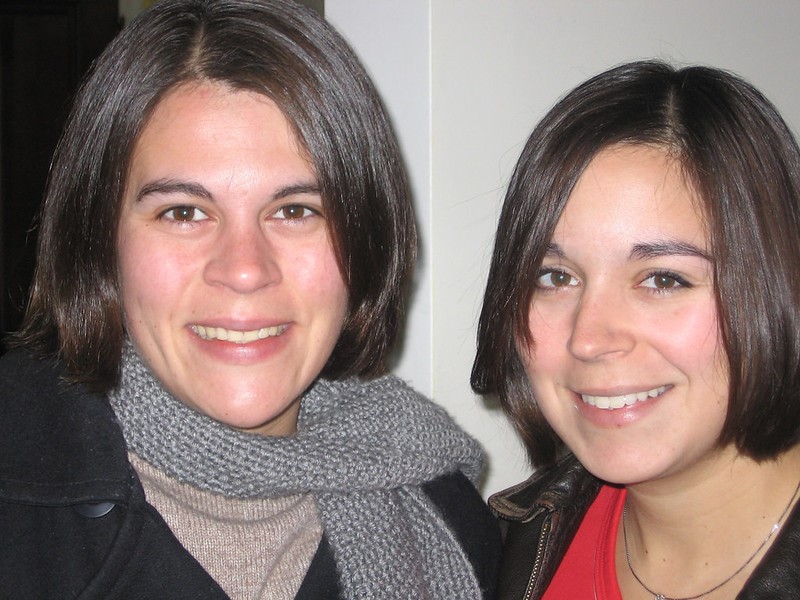When Your Twin Becomes Your Child

Inauspicious circumstances frequently arise when twins chronically adopt the roles of cared-for twin and caretaker twin. In many cases, this dynamic can evolve without any conscious awareness. It appears to originate organically from each twin’s personality and role in the family. Some people believe that this paradigm begins in utero and increases exponentially as the twins mature. The pattern of one twin assuming a parental role toward her sibling is more likely to occur if one of the pair suffers more challenges and adversity than the other. The more fortunate twin instinctively adopts a protective and rescuing role; the wish to save her sibling—and more importantly, to feel needed—is an inherent function of the dynamic. The parenting twin unconsciously infantilizes her sibling. This interaction perpetuates a long-term dependency that can ultimately result in rancor and resentment. The longer this goes on, and the more adverse situations that the cared-for twin needs rescuing from, the more the caretaker sibling’s parenting role becomes solidified and stagnant. The cared-for twin may resent her sister for being controlling and unreasonable. Their relationship becomes reminiscent of a parent and a child locked in a stifling conflict where neither will cede her ground.
Unfortunately, the caretaker twin often believes that her sister consciously recognizes the many sacrifices she has made and the countless times she has come to the rescue. However, when the tables are turned and the parentified twin needs support, her sibling often proves to be unavailable and unreliable. In light of the time, effort, and attention she devoted to her twin for so long, the rescuing sister is incredulous, enraged, and appalled at this self-centeredness and ingratitude.
The caretaker twin is horrified by her sister’s cavalier attitude. She thinks, How can my twin discount the innumerable times I helped her—for example, rescuing her from a terrible marriage, nurturing her through a contentious divorce, and being available to care for her children and pets on demand? The parentified twin expects to be thanked, appreciated, and recognized in some fashion, but few of these expectations are realized. Meanwhile, the cared-for sister feels annoyed by her twin’s needs and demands.
What is the final straw in these circumstances? Often, the breaking point happens when the parentified sibling realizes that the cared-for twin is happier and less needy. The caretaker twin feels enraged and betrayed because the only repayment she receives for her many sacrifices seems to be abandonment, lack of appreciation, and loneliness.
For twins in this situation, the lifelong roles of rescuer and rescuee have constrained their perspectives and feelings. Unless they can come together as a couple and listen to each other’s grievances and experiences, little can be done to save their twinship.


This is such an insightful observation and one that I have often come across!
This is spot on. Though my circumstance seems a bit more strange & complicated. As the ‘fortunate’ twin, I feel that I’ve always clearly been more of the caretaker in relation to my twin. After decades of this belief, however, I discovered that, to my surprise, he also views himself as the ‘caretaker’ in our relationship. This has led to serious resentment & animosity, as we BOTH feel offended when being ‘parented’ by the other. And we BOTH feel like our many sacrifices for the other go unappreciated. So we’ve found ourselves in a situation where we simply aren’t working from the same perceived reality — and thus bump into the same conflicts, without resolution. And it seems that until our two different realities even loosely align — if that ever occurs — this will remain a stumbling block in our relationship. That said, it may also be that this is how most all twin pairs feel. Perhaps the ‘less fortunate’ or ‘cared for’ twin always sees themself as the ‘caretaker’.